
The Albino Foundation Public Notice
By Tijjani Ibrahim
Jamila Alhassan grazed at her new born baby and exclaimed, “To God be the Glory”, we have scaled through.
When asked why she was excited, she explained that most of the women in the village were not so lucky since they refused to use the health centre to access treatment.

‘A lot of women have died due to pregnancy related illnesses, some even lose their babies, but things have improved with this drugs that we are taking regularly provided by the Government and UNICEF”.
“most women are too weak and tired to carry their babies to term, they deliver babies that are also weak and anemic, making it hard for the babies to survive”.
The Pilot Project on daily iron and Folic Acid Supplement for pregnant women in Katsina state has received a lot of accolades from beneficiaries and health workers in charge of executing the project, as many affirmed that it has changed the previous narrative of maternal deaths in the state.
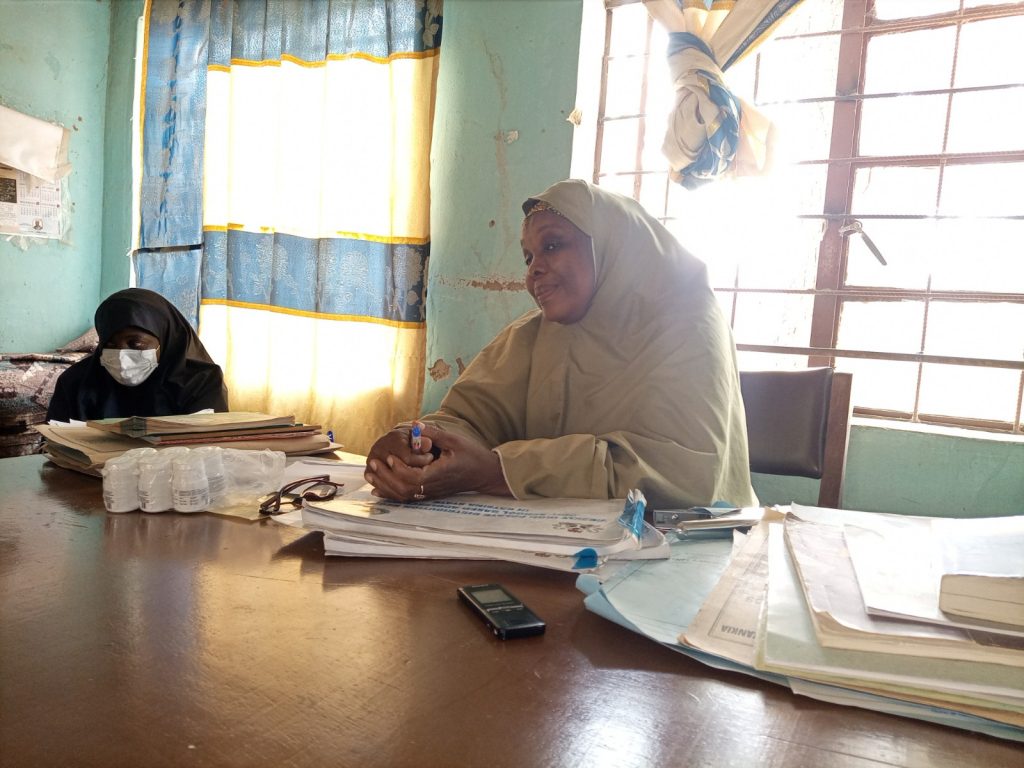
The programme implemented in three local government areas of Rimi, Kankia and Kafur, with Charanch serving as the control LGA in Katsina state has revealed drastic improvement in the health of women and children.
Speaking to our reporter on the intervention, the officer in charge of the Antenatal Care, Malama Binta Hassan, noted that since the programme commenced the efficacy of the daily iron-folate supplement given to pregnant women was quite commendable.
“We don’t have cases of anaemia in pregnancy any more due to the intake of the iron-folate tablets by pregnant women, unlike before. This also helps a lot in healthy deliveries resulting in a drastic reduction in maternal mortality rate,” she said.
She added that having realized the importance of the drugs, the women are not resisting it, stressing that in the past, even slight malaria fever results in anaemia, but with the supplement, that is no longer an issue.
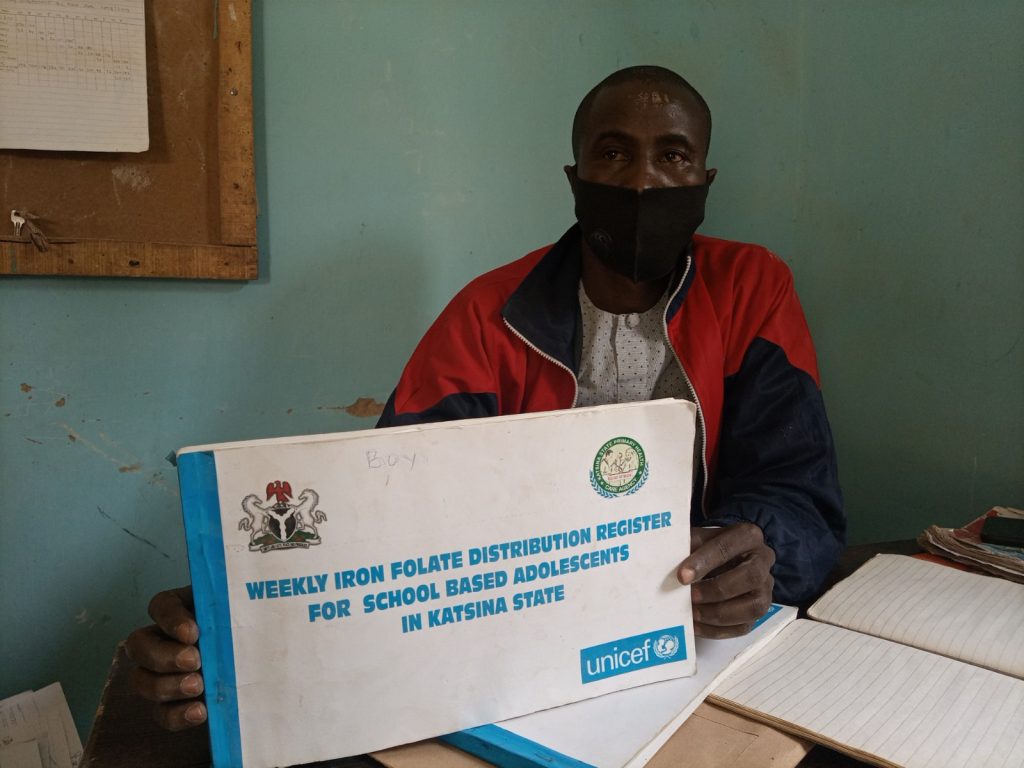
Malama Jamila Alhassan, said the drugs are helping a lot as most of the problems of weakness and issues of dizziness have gone, adding that she has been taking the drugs for the last six months.
Another pregnant woman, who is also benefiting from the project for the last five months, Malama Farida Abubakar, said she feels healthy and strong just by taking the iron-folate tablets.
“It helps in overcoming most of the pregnancy related problems and we are really grateful to UNICEF and the Katsina state government for providing such drugs free of charge,” she said.
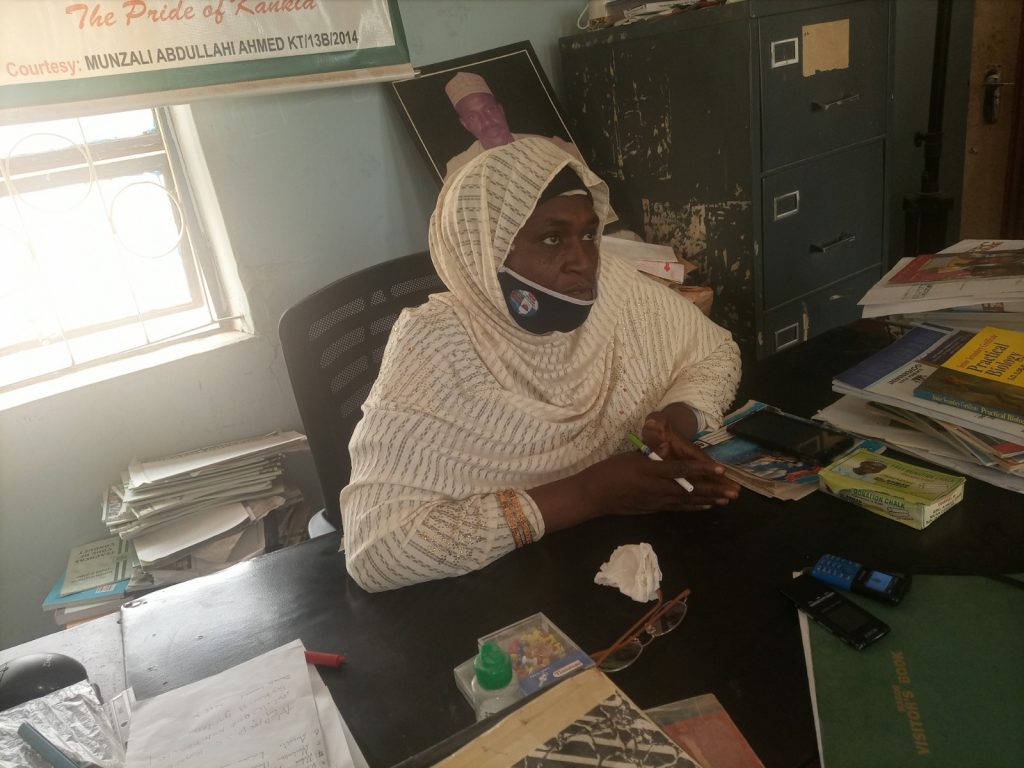
Alhaji Abdullahi Hassan Sada, Magajin Garin Kankiya, who is a village head, identified himself as the chairman awareness campaign in the local government.
“There are tremendous improvements with regards to issues of pregnancy as a result of this support from UNICEF in conjunction with the Katsina state government.
“It is indeed worthwhile and no matter how much is spent on the programme it is worth it considering the health and sometimes life threatening issues involving pregnancy,” he said.

He however said that at the initial stage of the project, there were issues of misconception with regards to the administration of the drugs, but with the results seen, that misconception is no longer an issue.
“You know our people, when you introduce a new product especially when it is given freely, people will be very skeptical about it, and if you are unlucky it will come with a lot of negative misconceptions, but with the awareness created and the testimonies from the women themselves, we have overcome that”
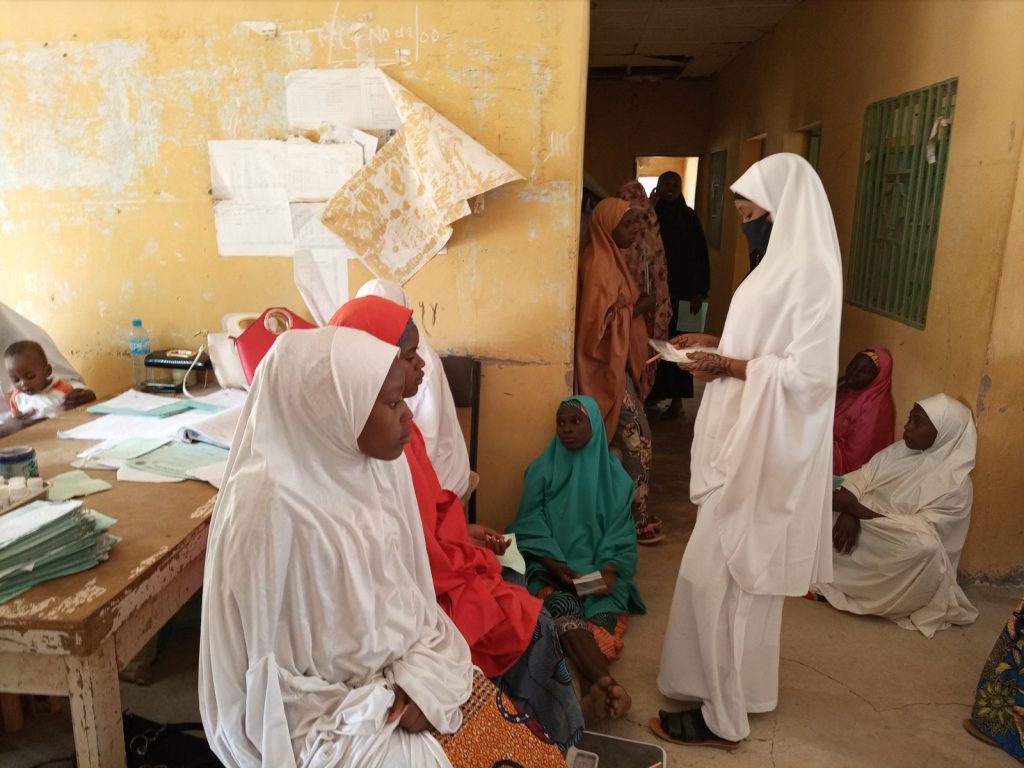
He called on the Katsina state government to continue with the programme beyond the support of the donor agency, saying the support was particularly helpful to rural women.
Explaining the techniques of the programme, the UNICEF representative from Kano field office, Mr Oluniyi Oyedekun, said the iron-folate supplement, which is given to both adolescents and pregnant women has achieved two of its objectives, one of which was the supplement itself, while the other was the nutrition education given to the beneficiaries.
The third objective, according to him, is to encourage government’s buy in so that they can own the project by allocating funds to finance it considering how important the intervention, all aimed at sustainability.
Earlier, the Director Primary Healthcare Agency, Dr Nafisa Sani, who also represented the Katsina State Executive Secretary of the Primary Healthcare Agency, said the preliminary assessment result has shown that the intervention was worthwhile and the state was exploring ways of taking it up after the expiration of the UNICEF supported project.
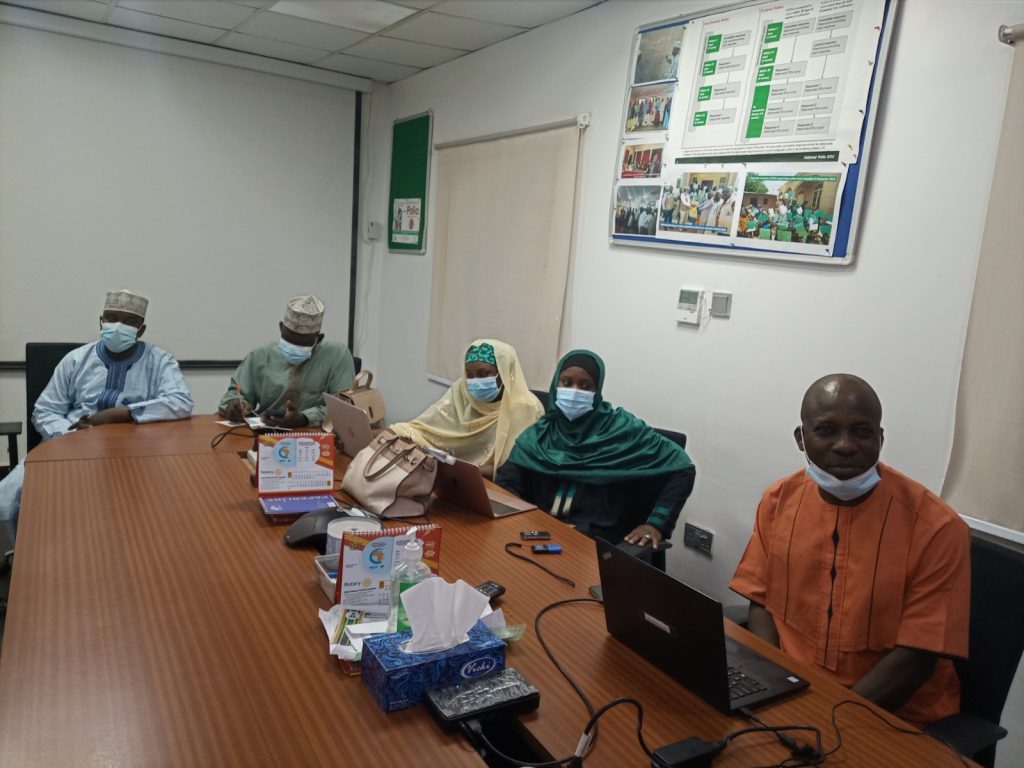
As for the challenges that the project faced, Dr Sani, said, “Though it may not be smooth all through, the good thing about the project is that it has community backing. The beneficiaries were carried along throughout and that made them feel like it is indeed their project. They take the drugs without any hesitation.
“The major problem the project encountered was posed by the covid-19 pandemic during which activities in almost all facets of life were halted, even the adolescents’ intervention, as you recall schools were closed and some of the students could not be reached.
“Another challenge is that the state is fully interested in taking up the programme at the expiration of the UNICEF supported project, and there is the issue of limited resources with a lot of other competing needs of the people.
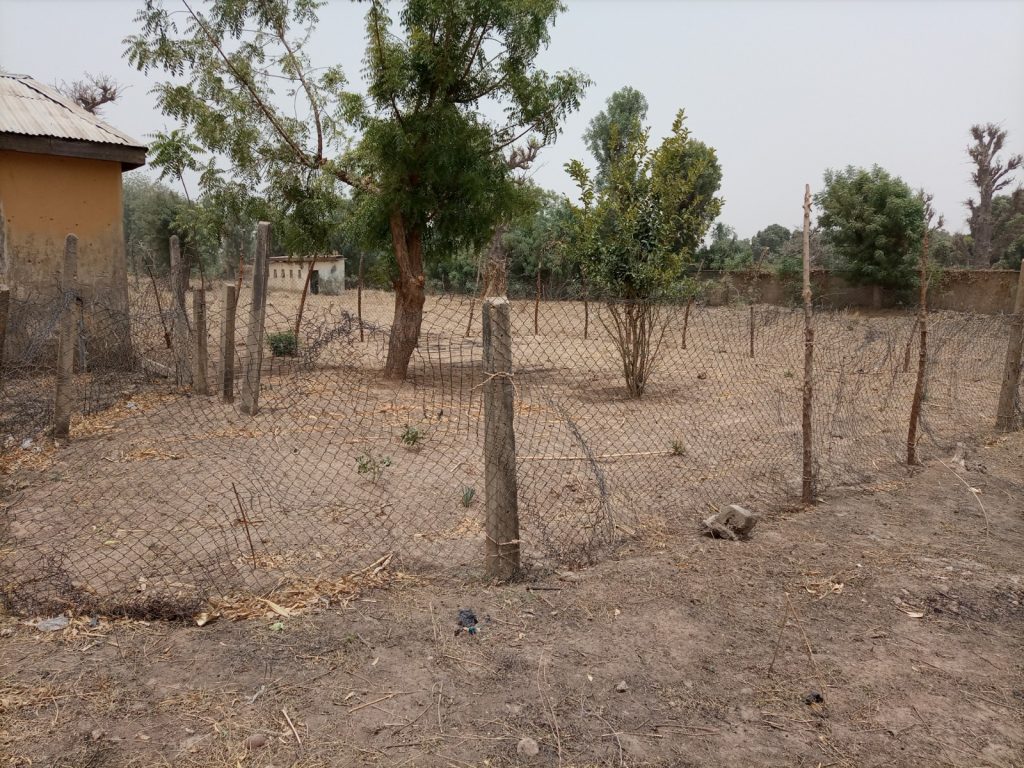
“But we are waiting to see the final result of the end line assessment, and if it shows significant positive change from the baseline report, I believe we can use that as a tool of advocacy for the government to have an adequate budget line for the continuation of the programme, because it is something that really works.”
In terms of scaling up the programme to other LGAs in the state, Dr Nafisa said, the issue of micro-nutrient deficiency was known and this is one way of addressing the problem, adding that there are avenues the state was looking at to finance the programme.



